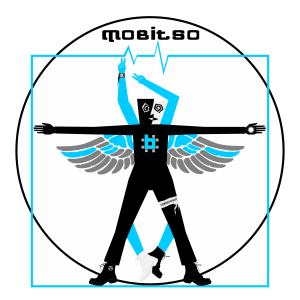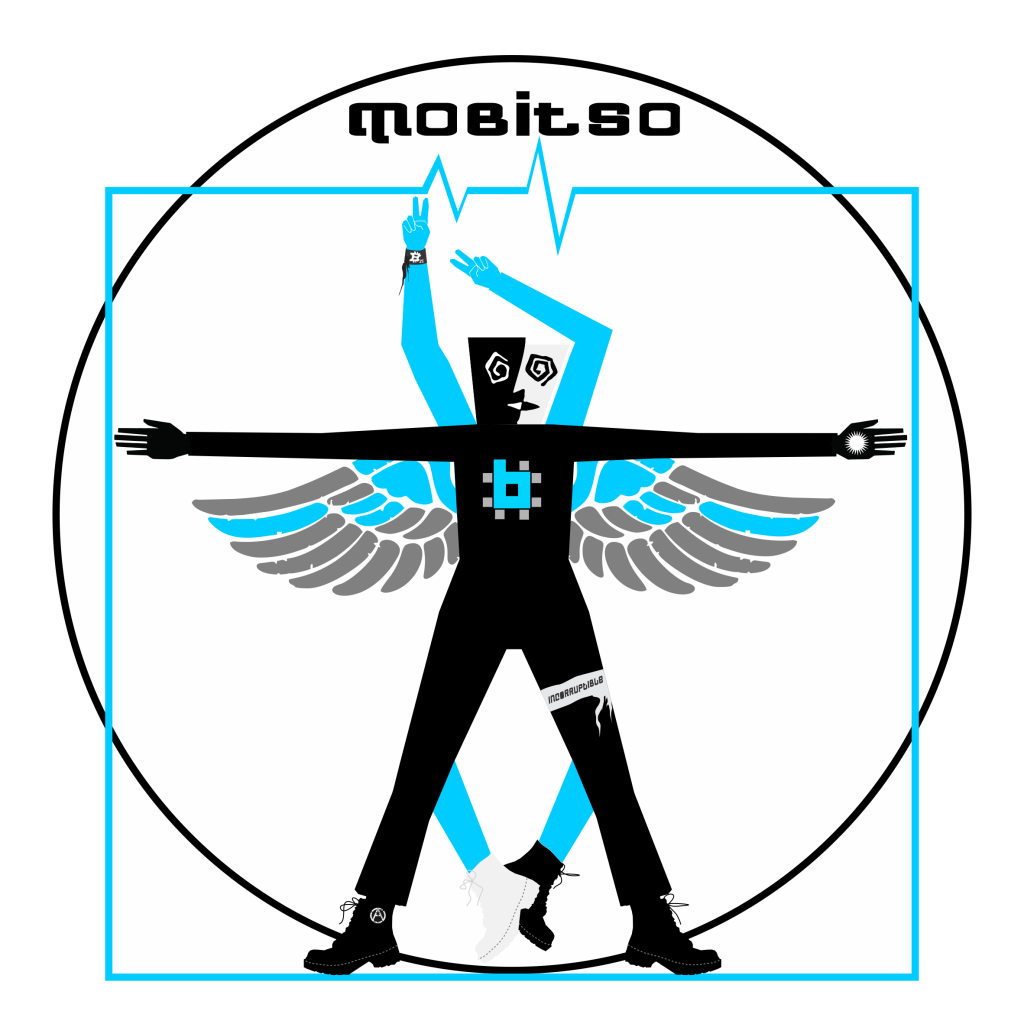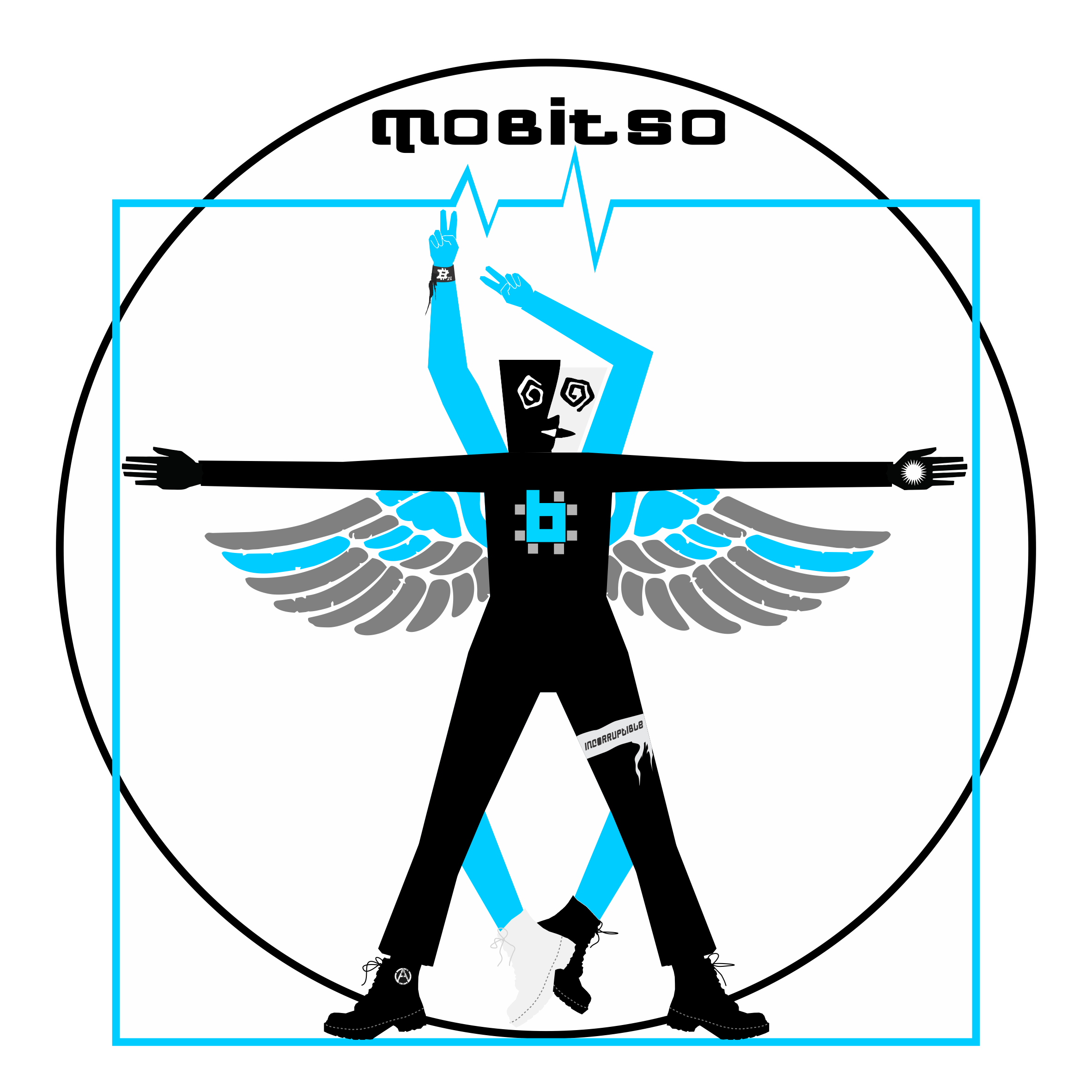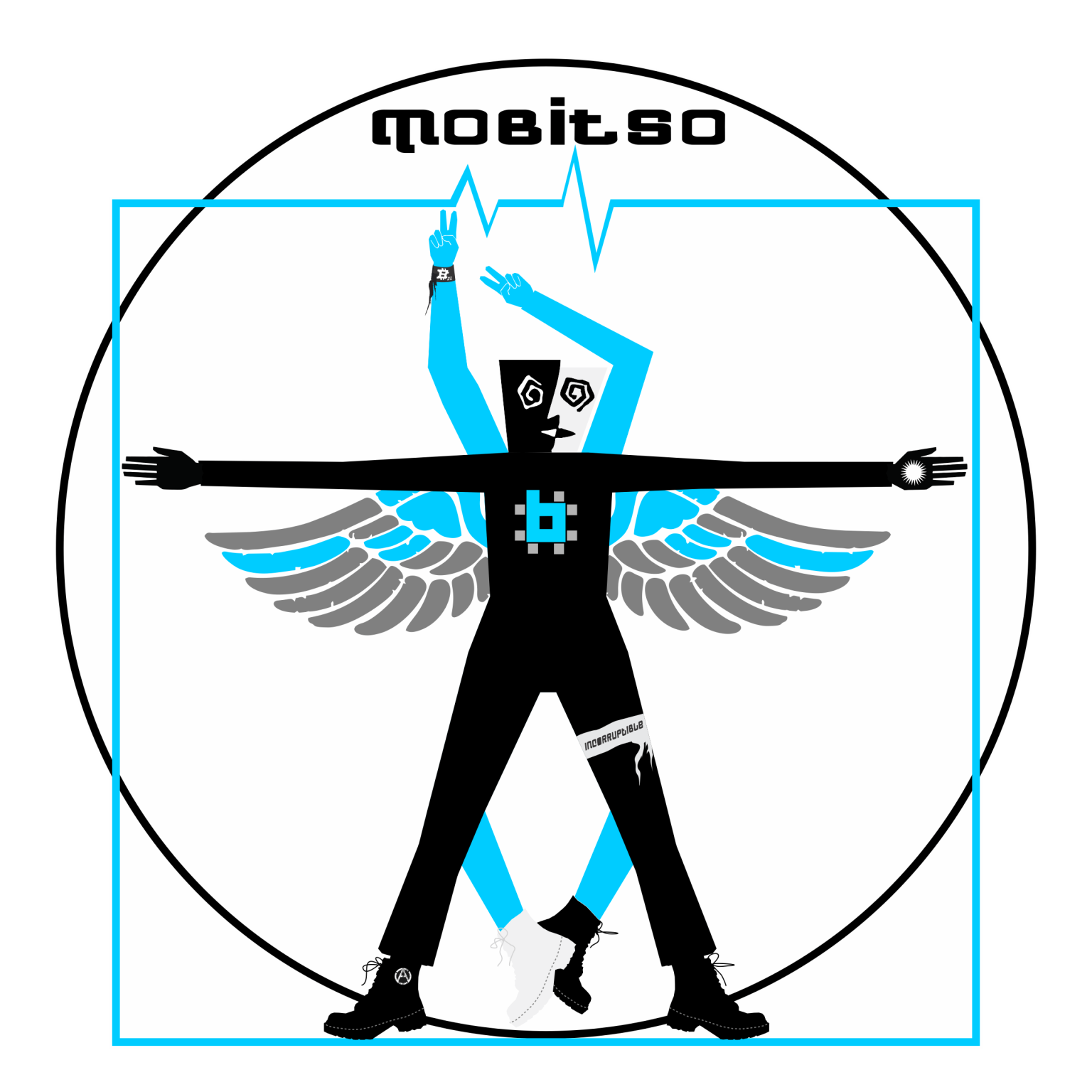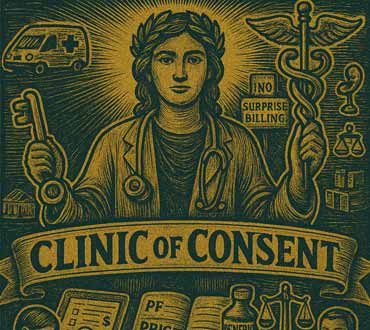Health care is the work a society does to keep its people alive, thinking, healing, and grieving with dignity.
It is not a favour to them. We built an edifice of forms, networks, and brands and confused that for
medicine. We answer. Your body is not a permit application. Care begins with consent, proceeds with
competence, and ends with accountability. Everything else is scenery.
Sovereignty starts at the skin. Diagnosis, treatment, reproduction, and end-of-life are decisions for which
a patient gives an informed, revocable yes-no committee cannot sign on their behalf. Coercion by price is
coercion: a consent that hides behind surprise bills and narrow networks has counterfeit legitimacy. The
clinic is not a courtroom; the default is explication, not intimidation.
Privacy is not an upsell. Records belong first to the person they describe. Access must be portable, logged,
and under the patient’s key; sharing must be specific and withdrawable without theatrics. Your bloodwork
is not training stock; your crisis is not content. Collect only what care requires, keep it encrypted by design,
and burn what is no longer needed. If a system cannot heal without harvesting, the system is the illness.
Access is a utility and not a prize. Services such as Primary Health, Urgent care, Immunization, Maternal
care, Mental health, Addiction treatment, and chronic diseases will be offered without scavenger hunts
through networks or hours of hold music. Publish hours, wait times, and cash prices in plain language. If
the price cannot be explained before the needle, it is not a price; it is a trap.
Pay for results, not codes. Time with patients beats clicks in charts. Prevention that averts an amputation,
an overdose, or a preterm birth is not a footnote; it is the ledger. Compensate counseling, home visits,
community health work, and follow-up that sticks. Starve the incentive to overtreat the insured and
undertreat the invisible.
Insurance is a raincoat, not a religion. Catastrophic risk merits pooling; everyday care comports rituals and
preauthorizations that expire at the weekend. Policies need to be portable from job to job and state to
state within the country; denials must cite a rule that an everyday person can read and a clock that the
hospital must obey. A company whose margin depends on confusion has misread extraction as service.
Pharmacy is part of care, not ransom. Public money that funds research buys public rights: open trials,
sensible licensing, and ready entry of generics during periods. Public goods do not run out just because a
child is breathing on a $2 generic; it is just moral tragedy. Build redundancy: several suppliers, regional
stockpiles, clear quality audits in daylight.
Public health does not trade in theatrics. Define limits in advance—air quality, the spread of pathogens,
hospital capacity—and tie them to proportional, time-bounded responses. Declare the rule, the number,
and the exit. Stock masks, tests, oxygen, and staff before the headline. Panic is what replaces readiness;
secrecy is what replaces trust.
Care possesses an entire lifetime instead of merely the event of a single invoice. Safe housing, clean water,
food, warmth, and transport are as clinical inputs as any antibiotic. Coordinate clinics with kitchens,
shelters, schools, and courts in such a way that a prescription does not bounce off a person’s reality. Treat
violence in the home as the emergency it is; treat loneliness as a risk factor, not a character flaw.
Clinicians are not clerks, but craftsmen. Staff to safe ratios. Shield them from assault and from the slow
violence of burnout. Pay for mentorship, reflection, and error review without blame. That note is the one
I can use at 3 a.m.-not the one that flates a dashboard. A system spends more on denial than on nursing
has inverted its purpose.
Death is not malpractice. Provide palliative care early; respect advance directives; substitute honest
discussion for reflexive escalation. The aim is not to add ICU days to a completed life but to enlarge that
which remains alive. Families deserve clarity and calm, not mazes at the edge of goodbye.
Our weapons match our ends. We will construct clinics that publish prices and results; train mobile teams
that meet individuals where they reside; fund community health workers; open APIs for patient-controlled
records; ban surprise billing and sunset prior authorization that cannot clear in a little-under-48 hours;
success measured through fewer avoidable deaths, readmissions, controlled blood pressure, more
mothers home with babies, and intact futures. We will favor institutions that prove that they help and will
sunset institutions that only invoice.
This is not charity, but it is an infrastructure. The metric is very simple: less fear when symptoms begin,
fewer bankruptcies of families over a weekend spent in the wrong hospital, and more quiet recoveries
never reported as headlines. Our signature is consent; our seal is transparency; our receipt is a society
where care comes on time, is what it says it costs, and leaves people stronger than it found them. Let the
age of permissioned medicine end here, under our names, while we can still build clinics that deserve the
trust they ask for.

